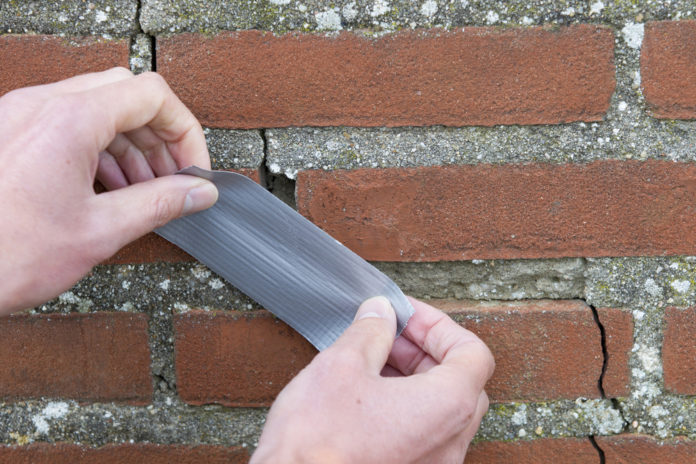The agency directed the contractor to change the labels on electrical plate receptacles. The contractor argued the labels it used were adequate, so the replacement was wasteful. The CBCA sided with the government, finding the labels used by the contractor were not up to snuff.
Framaco International, Inc. v. Department of State, CBCA 7508
- Claim – The contractor built an embassy compound in Papua New Guinea. The parties got into a dispute over the labels on electrical receptacles. The contractor had used printed labels with adhesive tape. The agency ordered the contractor to change the adhesive plates for plates with engraved labels. The contractor filed an $80,000 claim for costs incurred replacing the plates.
- Contract Interpretation – The contractor claimed the contract allowed printed labels with adhesive tape. The government argued the contract required engraved labels. The CBCA sided with the government. The contract contained a provision that could be read as allowing adhesive labels. But it also had a specific provision that stated electrical receptacles had to be labeled with more stamped or engraved labels. The more specific provision governed.
- Economic Waste – Under the economic waste doctrine the government cannot order a contractor to change non-compliant work that is otherwise adequate for the project. The contractor argued the adhesive labels were adequate, so the replacement order had amounted to economic waste. But the board found the adhesive labels were not adequate. They did not have similar durability or longevity as the engraved labels. The agency had reasonably ordered replacement.
The contractor is represented by Douglas L. Patin and Erik M. Coon of Bradley Arant Boult Cummings LLP along with Sam Z. Gdanski and Abraham S. Gdanski of Gdanski Law PC. The government is represented by Thomas D. Dinackus, Matthew S. Tilghman, and Alexandra N. Wilson of the Department of State.
–Case summary by Craig LaChance, Editor in Chief





